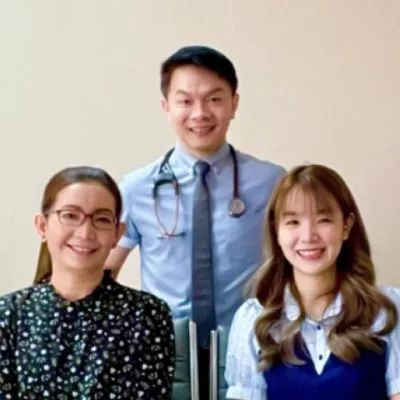
Project description
The COVID-19 pandemic is a global health problem with varying infectivity, morbidity, and mortality across local communities. Wastewater epidemiology is instrumental in combating and mitigating the spread of COVID-19 by proactive assessment of potential infections in specific contexts. Findings from previous studies suggested that the wastewater samples could represent the consequential microbiomes excreted from the gastrointestinal tract of a person infected with the SARS-CoV-2 virus.
Hence, the wastewater microbiome could be a feasibly useful proxy for community-based SARS-CoV-2 surveillance. Evidences on the link between wastewater microbiome and the microbiome profiles of viruses, fungi, and bacteria in different contexts are likely but have been unclear. This project aims to explore the alteration of wastewater microbiomes across three different settings (hospitals, hospitels, and houses) in different areas in Thailand. The wastewater samples collected from randomly selected areas will be assessed for viral, bacterial, and fungal microbiomes by using next-generation sequencing technology.
3 questions to Dr. Krit Pongpirul, MD, MPH, PhD - Dr. Thunnicha Ondee, PhD - Dr Sarocha Cherdchom, PhD
1. What is the relationship with Microbiota?
Microbiota has been commonly known for bacteria rather than viruses and fungi whereas environment microbiota is inevitably linked to—but received much less attention than—human microbiota. As the SARS-CoV-2 RNA virus is excreted in the feces of infected patients and could be detected in wastewater along with other germs, a holistically comparative analysis of viral, fungal, and bacterial wastewater microbiomes could provide an insightful information on the inter-dependent relationships between different kinds of microbiomes in different environment settings. This study would offer an exponentially wider application of the findings for predicting and controlling the COVID-19 infection.
2. How can the study result improve the health care of the people in Thailand?
Thailand has been recognized for the successful Universal Healthcare Coverage with well-established primary, secondary, and tertiary medical services. However, the inequitably distributed healthcare resources, especially during the COVID-19 pandemic, warrants a more proactive detection of infected individuals and communities to mitigate the spread of the SARS-CoV-2 virus. The wastewater-based epidemiological surveillance may not require the already-over-burden healthcare professionals but could complement the conventional COVID-19 case findings in the current Thai healthcare systems.
3. How the Henri Boulard Award will help your team to perform your research?
Unlike COVID-19 drugs, vaccines, and other medical innovations; wastewater microbiome falls into a category which has unclear ownerships and, therefore, funding supports. The wastewater-based epidemiological surveillance strategy deals with non-conventional non-human specimens from healthcare and non-healthcare settings to explore the association between three different microbiomes. The Henri Boulard Award provides an excellent opportunity to prove that the wastewater microbiome in the COVID-19 zone exhibits different patterns from a non-COVID-19 zone and that the wastewater microbiome including viruses, fungi, and bacteria presents species-specific profiles in wastewater that can be used for propagation analysis and prediction of the COVID-19.
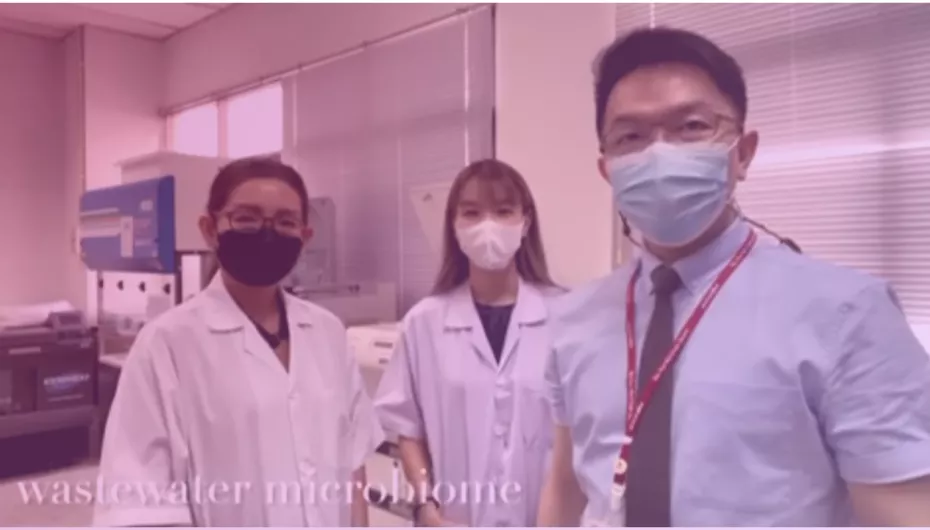
Biocodex Microbiota Foundation - Henri Boulard Public Health Award Winner 2021
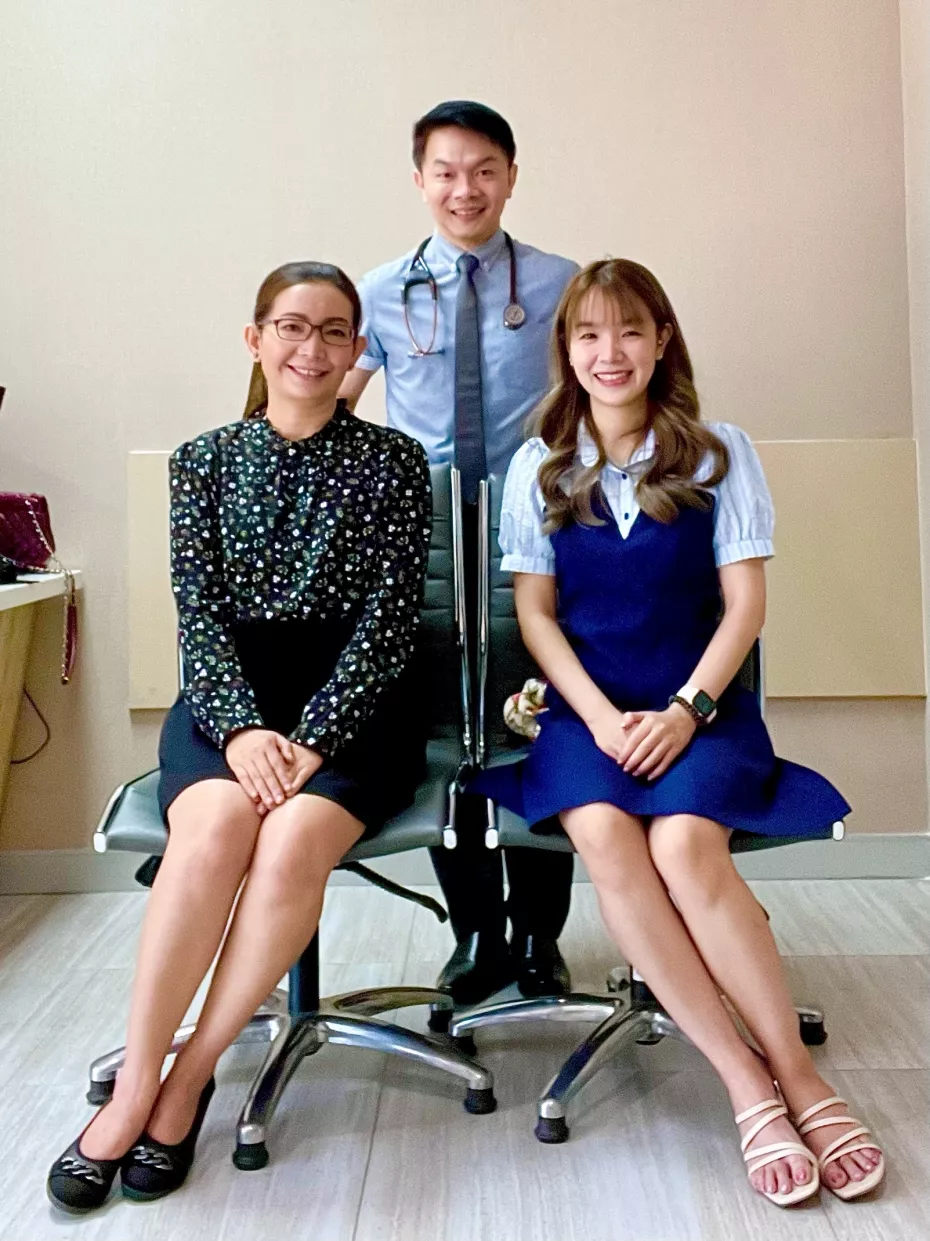
Henri Boulard Award's winning projects

Towards eradicating water-borne gut diseases in Nigeria; development of cheap nanosized rice husk-based zeolite water filtration candles for common household usage

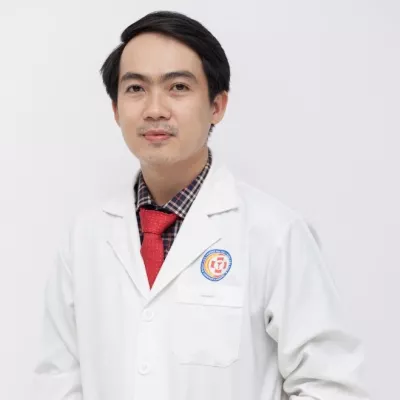
Gut microbiome dysbiosis in Hirschsprung-associated enterocolitis in Vietnamese children
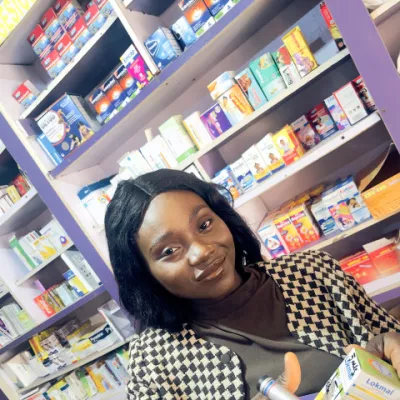

Curbing the menace of rotavirus disease in Agbor community and raising awareness on the need for early childhood vaccination


Vaginal microbiota and Cameroonian women's health: mapping and increased awareness
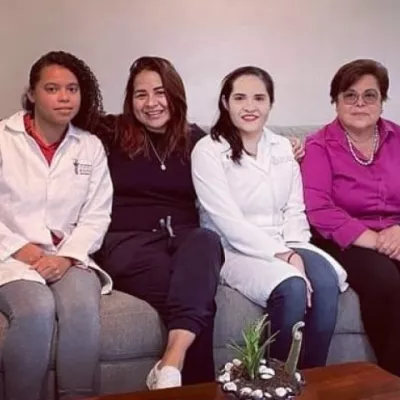

Validation of a screening questionnaire designed to evaluate the gut dysbiosis risk and its relationship with the gut ecosystem of Mexican children
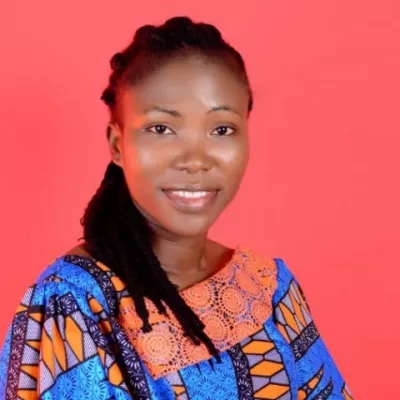

To set up a reproductive health facility to address safe contraception methods and the myths behind the use of Ampiclox Capsule as female contraceptive in Nigeria

